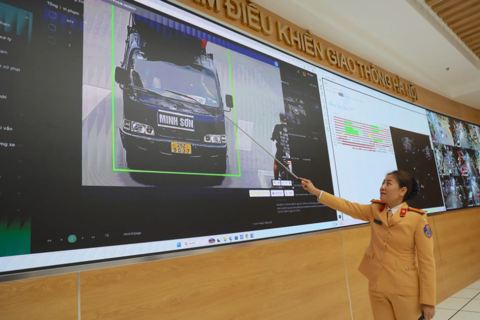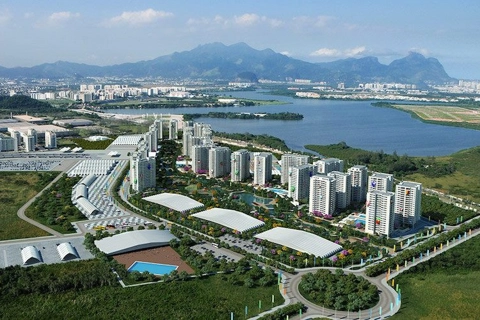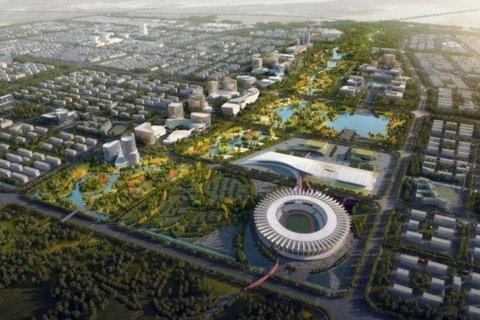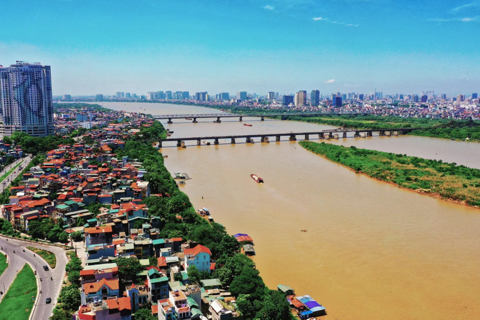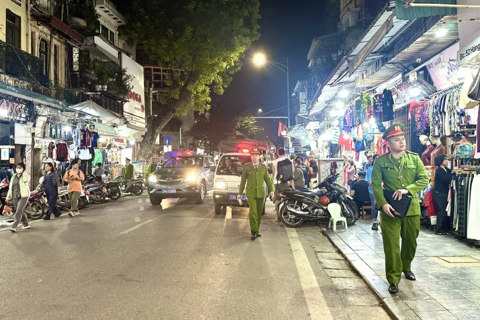Hanoi to collect DNA samples from relatives of unidentified fallen
Priority in collecting DNA samples will be given to elderly relatives of martyrs and those in poor health, especially the mothers of the fallen.
Hanoi police this week collected DNA samples from Vietnamese heroic mothers and relatives of unidentified martyrs for the gene bank, which will help identify the remains of the fallen.
DNA sample collection in the Dong Da district of Hanoi. Photos: VGP |
"Nearly 1.2 million Vietnamese volunteered to go to the battlefields, leaving behind their dreams and ambitions to defend the motherland against foreign aggression. Although the war has been over for almost 50 years, the remains of some 500,000 martyrs have not been found. Of these, 200,000 remains have not been recovered and 300,000 others are in cemeteries whose identities are unknown," said Major General Nguyen Hong Ky, Deputy Director of Hanoi Police.
He added that taking samples from unidentified martyrs and their relatives is a step forward in finding and verifying the identity of their remains. "This is a very sacred task of great importance in the search for and return of the names of the fallen heroes."
On July 27, Hanoi police collected DNA samples from relatives of unidentified martyrs. The DNA samples were taken from heroic Vietnamese mother Nguyen Thi Loc (born in 1935 in Dong Hoi Commune, Dong Anh District), who has two sons who died on the battlefield, and other relatives of 15 martyrs in the district.
On September 18, the Ministry of Public Security took DNA samples from relatives of the fallen in Nam Phong Commune, Phu Xuyen District.
DNA samples are collected from Vietnamese heroic mother Nguyen Thi Loc. Photo: Chu Dung |
At present, there are 23 heroic Vietnamese mothers in Hanoi whose sons are unidentified martyrs, as well as thousands of relatives of heroic martyrs. The city's police force has simultaneously conducted DNA sample collection in some downtown districts and in Phuc Tho, Hoai Duc, Thach That, and other rural districts.
Priority in collecting DNA samples will be given to elderly relatives of martyrs and those in poor health, especially the mothers of the fallen.
On July 23, on the occasion of the 77th National Day of War Veterans and Martyrs (July 27, 1947-2024), a ceremony was held in Hanoi chaired by Prime Minister Pham Minh Chinh to honor revolutionaries and inaugurate a special gene bank to help identify hundreds of thousands of unaccounted for fallen.
To date, the collection of DNA samples from relatives of martyrs whose identities have not been found has been implemented in seven provinces and cities, including: Hanoi, Hai Duong, Hung Yen, Nam Dinh, Quang Nam, Ho Chi Minh City and Dong Nai. Over 750 DNA samples were collected.






